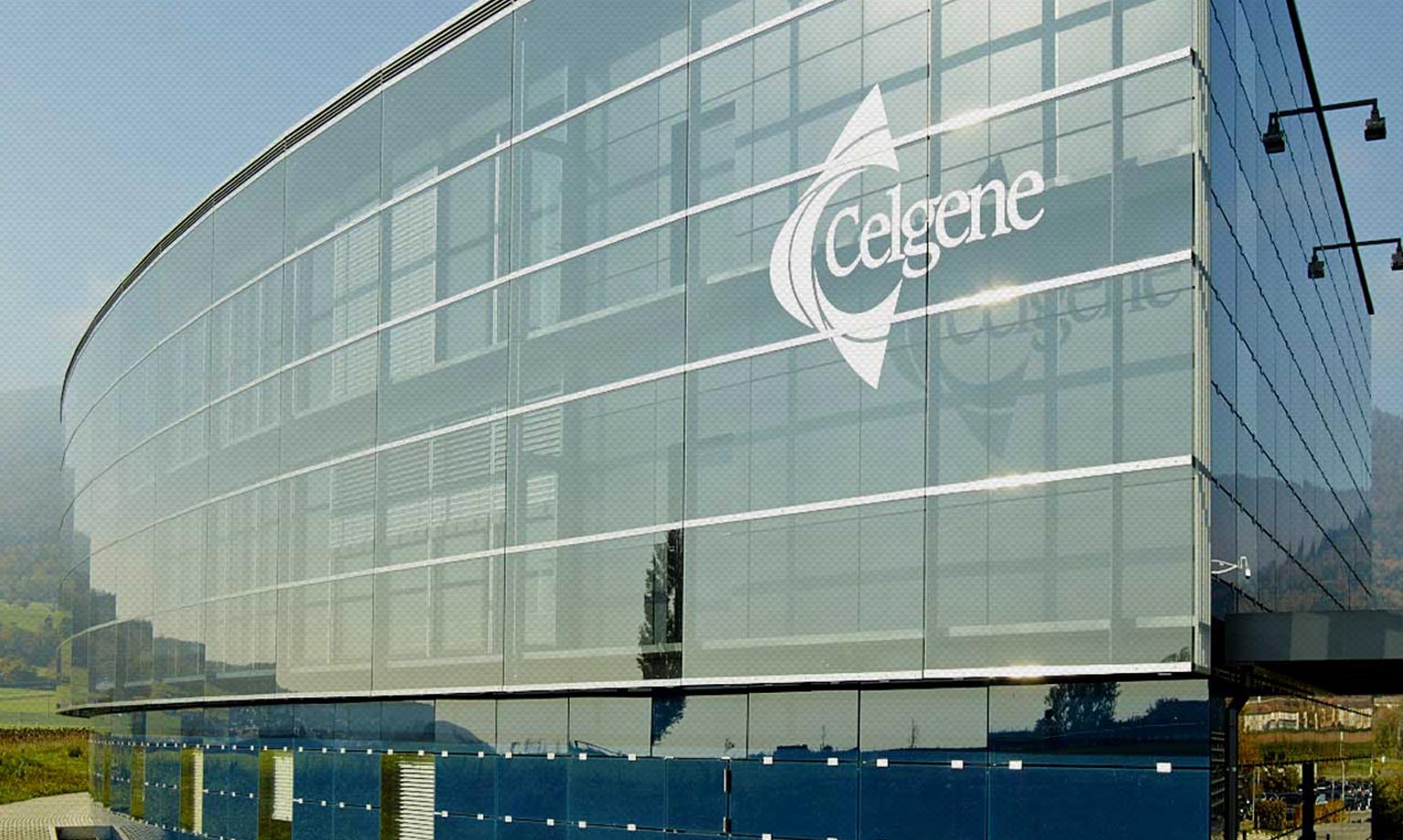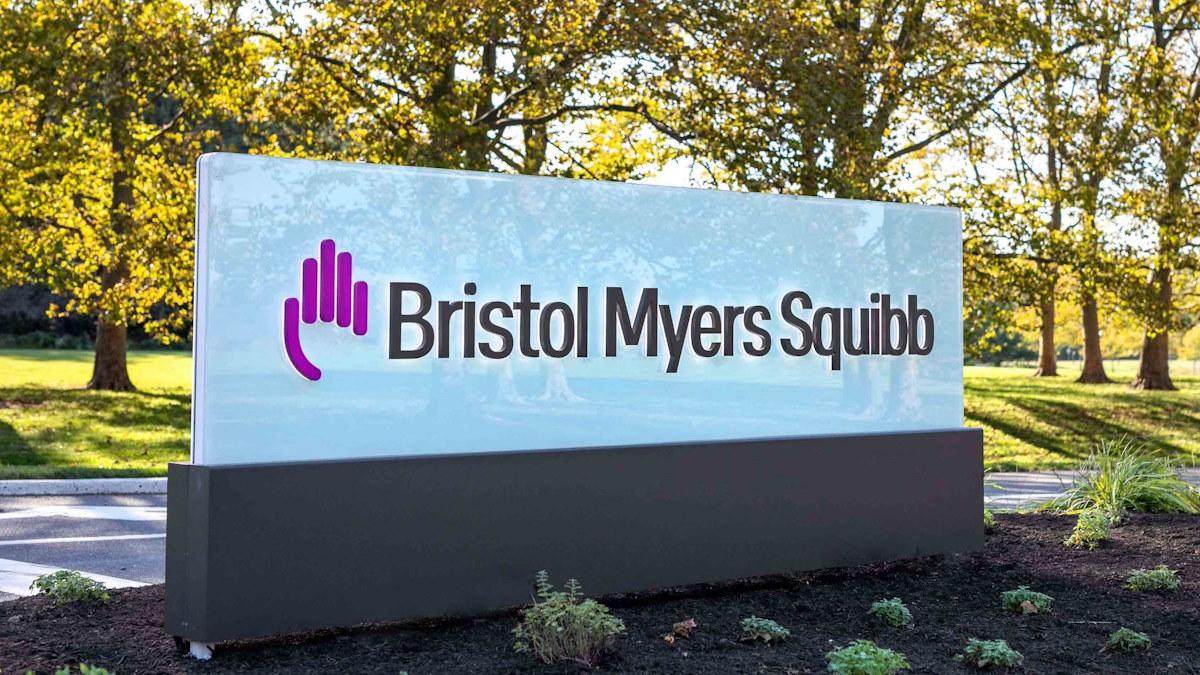BMS will shed Otezla to push Celgene takeover through

Bristol-Myers Squibb has opted to divest big-selling psoriasis drug Otezla to smooth the passage of its $74 billion takeover of Celgene through the financial regulatory seas.
In an SEC filing, BMS says that it has decided that parting with Otezla (apremilast) – which earned $1.6 billion for Celgene last year – was a reasonable price to pay to bring the merger to completion after months of deliberations.
The move means there will be some delay to the transaction however, and shares in both companies dipped around 4% in the wake of the announcement. BMS had been hoping to close the deal in the third quarter of this year, but now says it could slip to the end of 2019 or even early 2020.
Getting the deal through has proved to be a long and drawn-out process for BMS and Celgene, as the deal immediately faced an investor revolt – now resolved – that raised questions about the rationale for the merger and in particular the future profitability of Celgene’s drugs.
Earlier this year it emerged that the US Federal Trade Commission (FTC) had some qualms about the combined company’s dominance in the psoriasis market, but analysts had said they didn’t expect that any products would have to be shed. At the time BMS said the FTC’s review was focused on “marketed and pipeline products” for psoriasis.
BMS has a highly-regarded tyrosine kinase 2 inhibitor, BMS-986165, that according to GlobalData could be a game-changer in psoriasis as it can be dosed orally but seems to offer efficacy that matches injectable biologic drugs for the skin disease.
Otezla is currently the leading oral therapy for moderate-to-severe psoriasis, and BMS is running a phase 3 trial – called POETYK-PSO-2 – to compare BMS-986165 with Otezla and placebo. If positive, that could give Celgene/BMS a very strong lead for oral drugs aimed at more severe psoriasis cases.
BMS says divesting Otezla is subject to further review by the FTC and will also mean signing up to a consent decree with the regulator. Meanwhile, in Europe the two companies have filed their formal application for approval of the deal.
The company said in the filing that it is “focused on realising the promise of the transaction, and is continuing to work to complete the transaction on a timely basis.”
It also reiterated the potential for $2.5 billion in cost-savings and a “compelling pipeline and a strong portfolio of marketed products” that will drive sales and earnings growth through 2025.
Celgene has also recently agreed to sell rights to its phase 3 PD-1 inhibitor tislelizumab back to its development partner BeiGene in order to avoid overlap with BMS’s blockbuster Opdivo (nivolumab) brand.













